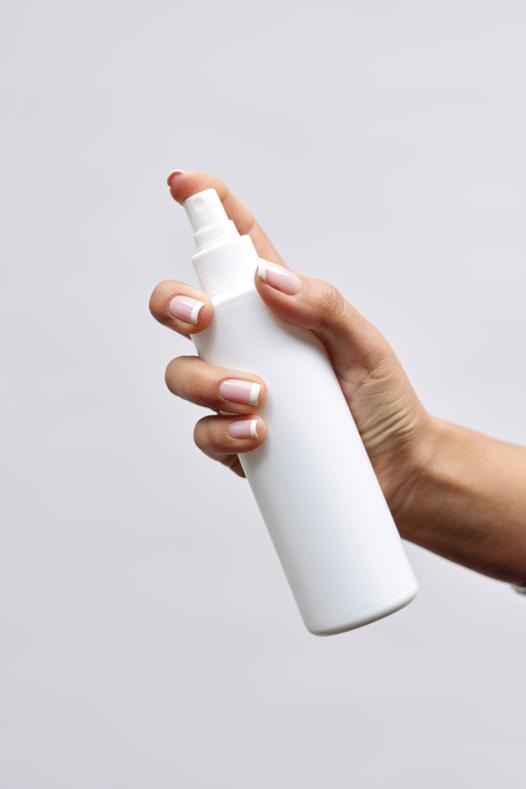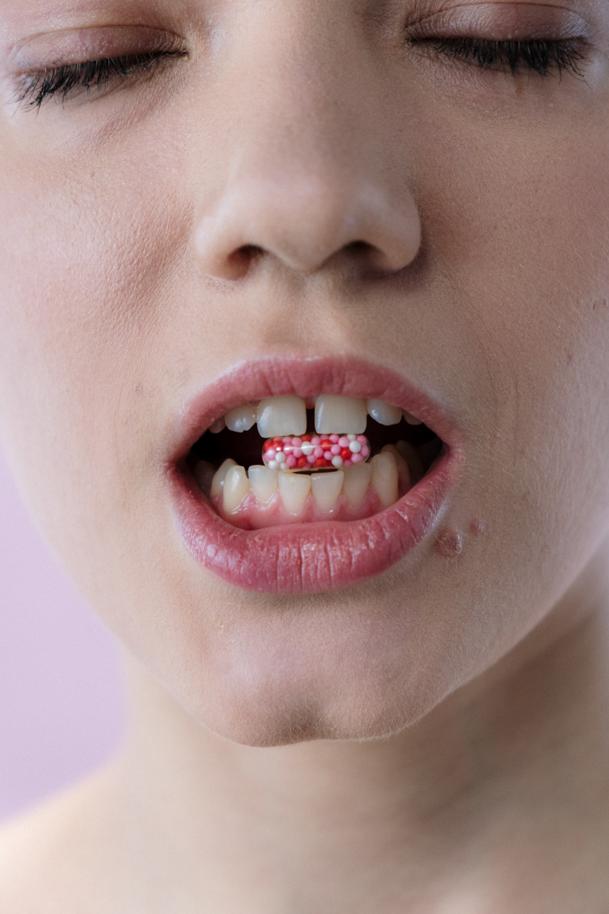Vitamin D For Covid 19
The world is currently undergoing a global pandemic, and the search for effective treatments is ongoing. One promising area of research is the use of Vitamin D to combat infections like the coronavirus.
Vitamin d and its potential benefits for covid-19


As the novel coronavirus continues to spread across the globe, it has become increasingly important to look into potential treatments and therapies to help protect ourselves and our loved ones. One potential option that has been gaining attention is the use of Vitamin D for Covid-1
Vitamin D is a fat-soluble vitamin that helps the body absorb calcium and phosphorus and is believed to have anti-inflammatory and immune-boosting properties. Studies have suggested that low levels of Vitamin D may increase the risk of contracting Covid-19, and that supplementing with Vitamin D could potentially help reduce the severity of symptoms and even prevent infection. While further research is needed to confirm these potential benefits, it is definitely worth considering for those looking for ways to stay healthy and reduce their risk of infection.
How to get enough vitamin d


As the winter months approach, it is more important than ever to ensure that you are getting enough vitamin D to help protect you from coronavirus. Vitamin D plays an important role in keeping your immune system strong and healthy, which can help reduce the risk of infection.
Therefore, it is important to carefully monitor your vitamin D levels and make sure that you are getting enough. There are several ways to ensure your body is receiving enough vitamin D, such as consuming foods that are rich in vitamin D, taking supplements, and spending time outdoors in the sun.
Taking these steps can help you stay healthy during the pandemic and beyond.
Potential risks of taking too much vitamin d


Vitamin D has been touted as a potential aid in mitigating the effects of COVID-19, but there are potential risks to taking too much of this essential nutrient. Overdosing on Vitamin D can lead to an increase in calcium levels, which can cause nausea, vomiting, loss of appetite, constipation, weakness, and confusion.
Long-term use of high doses of Vitamin D can also lead to kidney and bone damage, as well as hypercalcemia, a condition where calcium levels are abnormally high. It’s important to speak with your doctor before taking Vitamin D supplements, as the optimal dosage could vary depending on your age, health, and lifestyle.
Foods high in vitamin d


Vitamin D is an essential nutrient for many reasons, and its significance is magnified during the Covid-19 pandemic. Research has indicated that Vitamin D may play a role in decreasing the risk of infection and severity of Covid-1
To ensure your Vitamin D levels are optimal, it’s important to include Vitamin D-rich foods in your diet. Examples include fish, mushrooms, eggs, and fortified foods such as milk, yogurt, and orange juice. Eating these foods will help ensure your body has the Vitamin D it needs to stay healthy during this difficult time.
Supplements to increase vitamin d levels


If you’re looking for ways to boost your immunity during the Covid-19 pandemic, then you should consider adding supplements to increase your vitamin D levels. Vitamin D plays an important role in the regulation of the immune system, and research suggests that it may help protect against the virus.
Not only that, but a lack of vitamin D has also been associated with an increased risk of developing serious complications from Covid-1 So, now is the perfect time to start taking steps to keep your vitamin D levels where they need to be!
Final Touch
In conclusion, there is currently no scientific evidence to suggest that taking Vitamin D supplements can prevent or treat COVID-1 However, Vitamin D is an important nutrient and a deficiency can increase the risk of certain diseases.
Therefore, it is recommended to maintain good levels of Vitamin D in the body, either through dietary sources or supplements, in order to maintain overall health.







